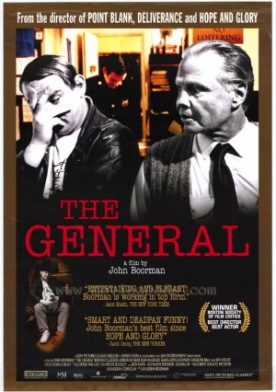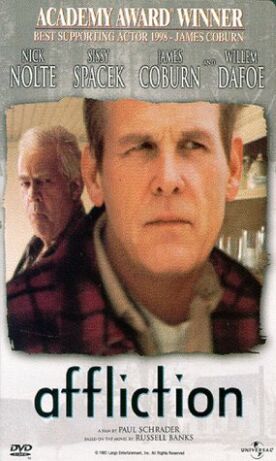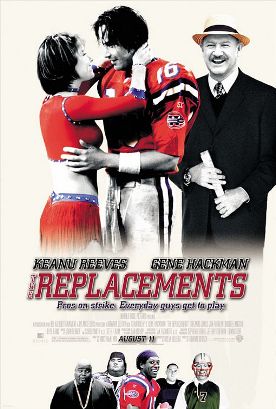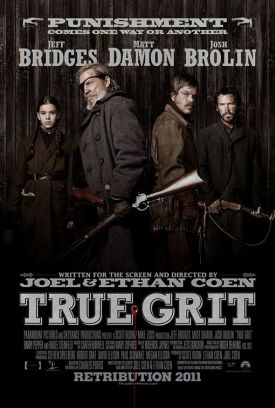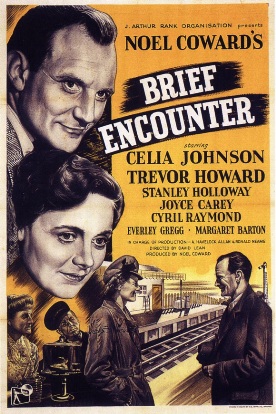General, The
The General, written and directed by John Boorman, stars Brendan Gleeson as Martin Cahill, a real-life if legendary Irish outlaw who was assassinated by the IRA in 1994. The film, shot in black and white, begins with the assassination, ordered because Cahill had sold some stolen paintings to the Protestant paramilitaries of the UVF. “They got the general!” rejoice the Dublin police. “Yes!” But John Voight as Cahill’s chief police antagonist, Inspector Kenny, says: “This is no victory for us.” The remark points us to the contrast between rival conceptions of criminal idealism. Americans have had occasional bouts of romance with criminals, both political and otherwise. During the Depression, Pretty Boy Floyd and Bonnie and Clyde became for a short time popular heroes. More recently, the Black Panthers became romantic criminals of the political kind. But in Ireland the two types have sometimes been difficult to distinguish. Cahill provided a rare modern example of the would-be Robin Hood, who gave of the proceeds of his crimes to the poor ( “It’s my way of paying taxes, you know”) but was completely apolitical.
Or rather, he tried to be. For the film makes the point that it is not possible in Ireland—or indeed in many other parts of the world—not to involve oneself in politics. Cahill’s sheer bloody-mindedness about opposing authority wherever it touched his life could be seen as a kind of anarchic heroism. There is something in all of us that responds to his refusal to compromise with police or petty bureaucracy—or the unofficial but more fearful authority of the IRA. When the local council tear down the housing project where he lives, for instance, he refuses to move. Even when the building is torn down around him, he gets a trailer to live in on the site. The trailer is burnt and he gets a tent. And through it all he continues his criminal career, flaunting it in the faces of officialdom. “Why do you folks always come in the mornings?” he asks the party of police and council officials trying to move him off the site. “Don’t you know I’m a night worker?”
They do know it, but can’t pin anything on him, partly on account of luck, partly because of his expert intimidation of witnesses, and partly because he reads up on the law. To one poor woman he says, pointing a gun at her head as he creeps into her bedroom in the middle of the night: “If you don’t say in court that you weren’t in fear of your life, I’ll have to make sure you are in fear of your life.” She duly says she was not and, under the statute, he gets off. There is much well-executed comedy extracted from such a criminal life, as there is also in the anarchy of Martin’s unconventional domestic arrangements. Married to his childhood sweetheart, Frances (Mary Doyle Kennedy), he also sleeps with her sister, Tina (Angeline Ball) and has children by both women, who seem happy to share him in one big house he puts in Tina’s name, so as not to lose his dole money. But he’s a bit disgusted with the suburban villa he finds he has bought and says to Frances, “You’ll be playing golf next.” She replies: “It’s still us against them, Martin.”
And so it is. As in The Godfather, our sympathy for the family loyalty in the face of outside hostility overrides, in spite of ourselves, our dislike of the criminality which happens to be the family business. We can hardly help ourselves from rooting for Martin and his gang—and even more against the IRA, where loyalty based on political allegiance seems nasty and sinister by comparison, than against the police. It is a guilty pleasure to be able to laugh at the spectacle of a criminal getting away with it, and there are many such laughs in this movie. On one occasion Martin, whose only dealings with banks are to rob them, finds he needs a banker’s draft, or cashier’s check, for £80,000. So he brings the money, in cash, into the bank, gets the check, and then, as soon as he is out the door, two of his henchmen rob the bank and take back the cash.
The laughs in The General are not so comparatively guilt-free as those in Waking Ned Divine, but the principle is the same in both films. Little people who have never had much see what is realistically their one chance of affluence and take it. It is hard for us, particularly if we are affluent ourselves, to feel very stern and moralistic about their taking it. But in The General there is in addition to the legally constituted authority whom these crafty peasants are making fools of, that other, political strand of anti-authoritarianism that is so much more formidable and, indeed, itself authoritarian in the end. The defiance of both adds a poignancy to the tale of Martin Cahill which makes him worthy, in a sort of bleak, 20th century way, to stand with the great romantic criminals of the 18th century who are immortalized in The Beggar’s Opera.
Discover more from James Bowman
Subscribe to get the latest posts to your email.

